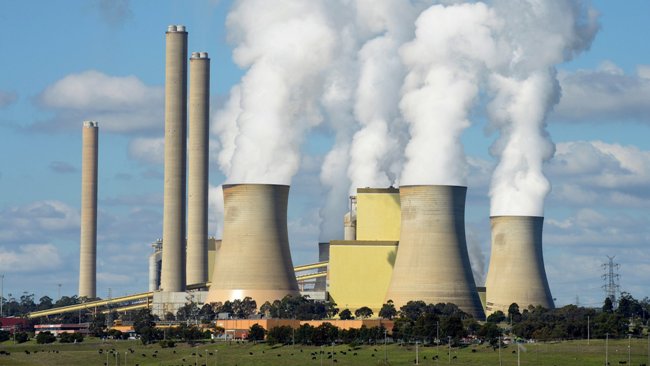ISLAMABAD: In an apparent bid to rectify the wrongdoings of the past and to ensure future security, a nine-member committee has initiated an inquiry into the power sector on the orders of Prime Minister Imran Khan, it has been reliably learnt.
Sources close to the matter told Profit that the nine-member committee, headed by former Securities and Exchange Commission of Pakistan (SECP) chairman Muhammad Ali, consists of senior officials from the Power Division, National Electric Power Regulatory Authority (NEPRA), Central Power Purchasing Agency (CPPA), National Power Control Center (NPCC), Federal Investigation Agency (FIA), Inter-Services Intelligence (ISI) and SECP.
The committee has already sought necessary documents and records from Independent Power Producers (IPPs), government-owned power generation companies (GENCOs), power distribution companies (DISCOs), SECP and the State Bank of Pakistan (SBP).
According to sources, the committee has the mandate to identify and examine causes behind the high cost of electricity, as well as to establish private power generation units under various power policies. It has also been asked to propose steps to rectify the wrongdoings of the past, besides recommending measures to prevent further wrongdoings.
In addition, the government has tasked the committee to identify causes behind circular debt, sources said, adding that the committee will also be responsible for making necessary interventions so as to prevent future buildup of the circular debt and to ensure supply of power at the least possible rates.
The committee has been seeking information and assistance from technical testing firms, investment bankers, audit firms, legal advisers, insurance advisers and asset management companies in order to expedite the inquiry process, sources said.
TERMS OF REFERENCE
The Terms of Reference of the committee include review matters pertaining to the cost of setting up power generation units in the country, ownership models, financing agreements, revenue and return models, billing, and the role of government and its various departments and regulatory bodies.
The committee will also inquire and identify any unethical or illegal practices, administrative procedural weaknesses and regulatory gaps that may have taken place during or after setting up of the power generation units.
The committee will review matters pertaining to the circular debt in the country, including but not limited to, the cause of build-up of circular debt, payments made from time to time to clear outstanding dues to the IPPs, causes for under collection of revenue by DISCOs, electricity tariff determination policies and procedures, and systematic issues which may have exacerbated the situation.
Furthermore, the committee will review policies and models of power sector globally and recommend changes in the country’s power policy and structure of the sector. These may include generation, transmission, distribution, organizational setups, regulatory reform, governance reform, financial clearing and market-based mechanism.
As per documents available with this scribe, the committee will point out if any relaxations given to IPPs were in violation of policies and rules in the matter of tariff determination, financial closure, construction period, capacity payments and merit orders.
The commission will submit phase-wise findings to the prime minister. First interim report will be submitted within a period of six weeks, while the second interim report will be submitted within a period of ten weeks, and a final consolidated report will be submitted within 12 weeks.





It’s nice Move by Prime Minister of Pakistan but the problem is, TOR’s of this commission not clear, it’s time passes tactics, there are many examples of these kind of things but all remains fruitless, IESCO, withdrawal W. Petition No.1411 /2011 from IHC NEPRA and Behria Town Case is big Example, IESCO billing fraud of Billions, Converted into 207 Million Rs. Is Black Clot on the face of Accountability Process, Culprits enjoying the benefits from taxpayer’s money without delevering, without Moral Authority, putting burden on the shoulders of poor peoples of Pakistan, these kind of blunders must be investigate and culprits must be punish, bring them before the law of the state, set an example for others to follow,